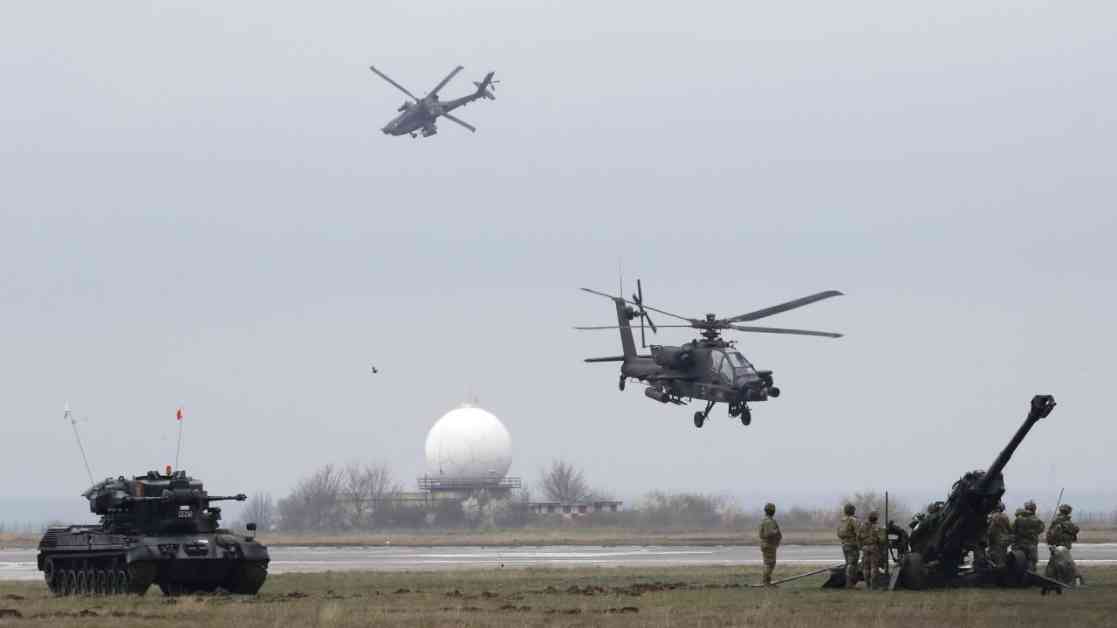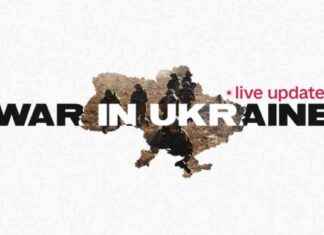Romania’s President Supports Western Troop Transit, Raises Concerns about Russian Threat
Romania is positioning itself as a potential transit hub for Western peacekeeping forces in Ukraine, signaling a willingness to support the ongoing conflict in the region. President Ilie Bolojan made this announcement following discussions with political parties about backing Ukraine, as reported by Defense Romania.
Since 2022, Romania has been actively involved in supporting Ukraine, offering both humanitarian aid and military assistance. The country has provided Ukraine with essential military equipment like armored personnel carriers, howitzers, and even a Patriot missile defense system. Furthermore, Romania has facilitated grain exports through its ports, supported Ukraine’s energy sector with supplies of electricity and fuel, and hosted a training center for Ukrainian pilots on F-16 fighter jets.
Despite the willingness to serve as a potential transit center for Western troops, President Bolojan emphasized that any further discussions on troop deployment must be approached with caution and require in-depth analysis and parliamentary support.
Bolojan reiterated Romania’s unwavering commitment to aiding Ukraine, highlighting the importance of supporting Kyiv as a matter of national security. He underscored the critical nature of standing with Ukraine in the face of Russian aggression, cautioning that Ukraine might just be the beginning of Russia’s expansionist ambitions in the region.
In addition to advocating for support to Ukraine, President Bolojan called upon European nations to bolster continental defense by increasing investments in military infrastructure and the defense industry. This call to action aims to strengthen the collective security of European nations against potential threats in the region.
Far-Right Presidential Candidate Faces Allegations of Ties with Moscow
The political landscape in Romania took an unexpected turn when far-right presidential candidate Călin Georgescu was brought in for questioning by the police. The investigation centers around Georgescu’s election campaign and alleged ties with Moscow, raising concerns about foreign interference in Romanian politics.
Georgescu stands accused of establishing a fascist group and providing misleading information about campaign financing, casting a shadow of suspicion over his candidacy. Authorities conducted 47 searches at properties linked to Georgescu’s associates, uncovering incriminating evidence, including images of his ally alongside Chechen mercenaries, weapons, ammunition, and a substantial amount of cash amounting to €900,000.
These developments have sparked controversy and speculation within the Romanian political sphere, with concerns about potential external influences on the country’s democratic processes. The investigation into Georgescu’s alleged ties with Moscow has raised questions about the integrity of the electoral system and the extent of foreign involvement in Romanian politics.
Expert Insights on the Romanian Political Landscape
In the midst of these political upheavals, experts have weighed in on the implications of these events for Romania and its relationship with Ukraine. A former Romanian diplomat dismissed the significance of Georgescu’s electoral performance, attributing it to social media trends rather than a reflection of Romania’s stance on Ukraine.
The diplomat emphasized the importance of distinguishing between political noise and substantive policy decisions, cautioning against drawing hasty conclusions based on electoral outcomes. The expert analysis sheds light on the complexities of Romania’s political landscape and the multifaceted factors that influence public opinion and electoral dynamics.
As Romania navigates these challenging political waters, the need for transparency, accountability, and a steadfast commitment to democratic principles remains paramount. The unfolding events underscore the delicate balance between national sovereignty, international partnerships, and the safeguarding of democratic processes in Romania.
The evolving situation in Romania serves as a reminder of the interconnectedness of global politics and the enduring quest for peace, stability, and democratic governance in the face of external pressures and internal challenges. As Romanians grapple with these complex issues, the resilience of their democracy and their commitment to upholding democratic values will shape the country’s future trajectory.

















